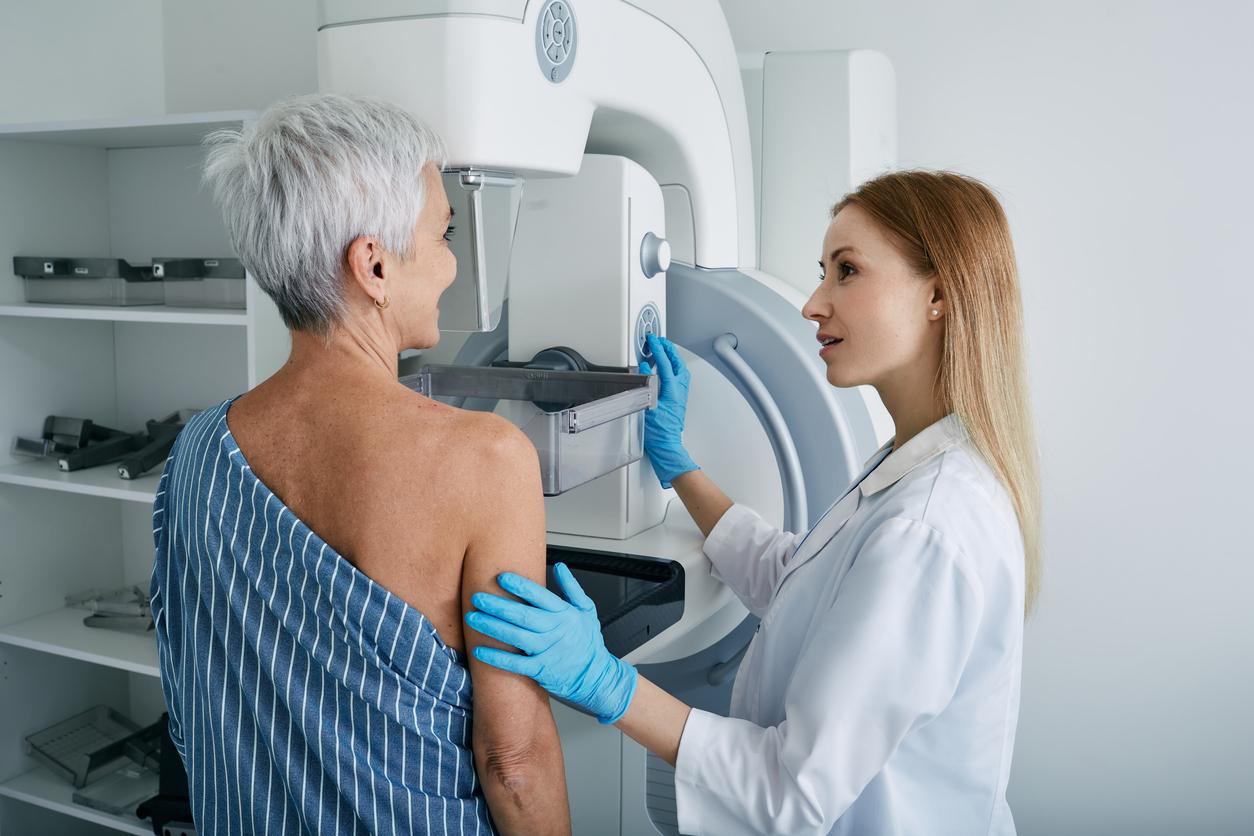An analysis of the brain activity of women treated for breast cancer shows that this type of relaxation reduces pain.

- Breast cancer patients suffer from neuropathic pain
- Mindfulness can relieve these pains
- This technique can be supported as part of supportive care
The management of cancer is not based solely on surgery, radiotherapy or chemotherapy: patients can benefit from supportive care, which makes it possible to live better with the disease or to better tolerate treatment. This is particularly the case of stress reduction through mindfulness. In a study, researchers at the University of Ottawa find that this technique helps relieve neuropathic pain in women with breast cancer. The work has been published in the journal Mindfulness.
What is mindfulness-based stress reduction?
The association for the development of mindfulness outlines the principles of mindfulness-based stress reduction (MBSR): it is a “structured program which draws its influences from two major currents: that of Eastern meditative traditions (Buddhist practice of vipassana and yoga) and that of Western science (medicine and psychology)”. Its goal is to develop our ability to respond more effectively to stress, pain and illness. Concretely, it is a question of relying on meditation, yoga, stretching to better manage emotions.
A study based on brain analysis
Canadian scientists find that drug treatments are not always effective in relieving pain for people with cancer. “We’ve heard a lot about mindfulness in recent years, how it helps people relax and feel better.explains the main author of this research, Andra Smith, professor in the school of psychology at the University of Ottawa. If this non-pharmacological tool can be used to relieve neuropathic pain, women will feel better” With his team, he followed a group of women being treated for breast cancer. They took part in an eight-week mindfulness-based stress reduction program. At the same time, the researchers analyzed their brains using ‘medical imaging. “We saw major reductions in brain activity in pain-related regions after mindfulness-based stress reductionhe explains. Pain severity and frequency were significantly decreased after the eight-week session.”
Frequent pain in the treatment of breast cancer
According to the research team, 20 to 50% of people treated for breast cancer experience neuropathic pain following their treatment. This non-invasive technique, without side effects and without risk, could help relieve them. In France, part of the support care can be paid for by health insurance or by mutual health insurance: it can be psychological support, help with resuming physical activity or more nutritional support.

.

















